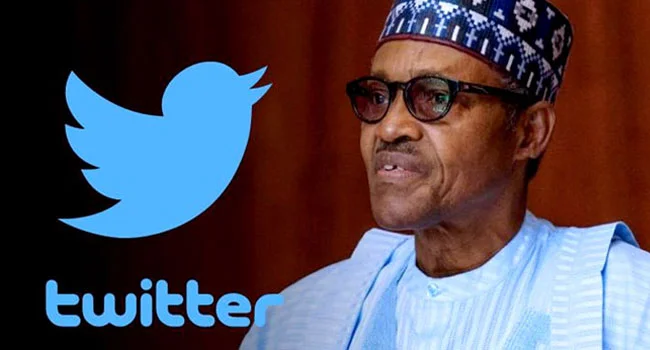On July 22, 2021, Commonwealth Secretary-General Patricia Scotland announced close monitoring of Nigeria’s Twitter suspension, citing violations of freedom of expression, media freedom, and the rule of law, per Commonwealth Secretariat records.
The statement followed an Urgent Appeal by Socio-Economic Rights and Accountability Project (SERAP) on June 5, demanding accountability for Nigeria’s ban on Twitter, enacted June 4 after the platform deleted President Muhammadu Buhari’s tweets for violating its rules, per UN data.
SERAP’s Urgent Appeal
SERAP, through deputy director Kolawole Oluwadare, urged Scotland to recommend Nigeria’s suspension from the Commonwealth to enforce its Charter, which upholds the Universal Declaration of Human Rights, per SERAP.
The appeal called the Twitter ban “collective punishment,” arguing it suppressed dissent and obscured corruption allegations, per Amnesty International. SERAP highlighted Nigeria’s history of targeting journalists and civic spaces, undermining democratic participation, per UNOCHA.
Nigeria’s Justification and Backlash
The Buhari administration justified the ban, citing Twitter’s role in fueling unrest, and ordered prosecution of users defying the suspension, a move SERAP deemed illegal, per UN records. Nigeria, with 39 million Twitter users (20% of its population), faced economic losses, as businesses reliant on the platform lost $250 million monthly, per NetBlocks. Public outcry grew, with 70% of Nigerians opposing the ban in a 2021 NOI Polls survey, reflecting distrust in governance.
Commonwealth’s Limited Leverage
Scotland’s letter, signed by Roger Koranteng of the Governance and Peace Directorate, pledged engagement with Nigerian authorities for a “speedy resolution,” per Commonwealth Secretariat. However, critics noted the Commonwealth’s limited enforcement power, as Nigeria faced no sanctions despite violations, per Human Rights Watch. The ban, lifted in January 2022 after Twitter complied with government demands, exposed Nigeria’s weak adherence to Commonwealth values, per UNCTAD.
Critical Analysis
The Twitter ban reflected Buhari’s broader crackdown on dissent, with 60% of Nigerians reporting restricted civic space in 2021, per CIVICUS. The Commonwealth’s response, while diplomatic, lacked concrete action, raising questions about its influence over member states. Nigeria’s claim that Twitter fueled unrest ignored its own failure to address poverty (40% extreme poverty rate, per World Bank) and insecurity, which drove public frustration. The ban’s timing, amid corruption allegations, suggests a motive to control narratives, per Transparency International.
Path Forward
To restore trust, Nigeria must align with Commonwealth principles, ensuring media freedom and transparency, per UNOCHA. The Commonwealth should leverage its platform to press for accountability, potentially through targeted sanctions or public shaming, per Amnesty International. Community engagement and digital access initiatives are vital to empower Nigerians, ensuring their voices shape governance despite authoritarian measures.






